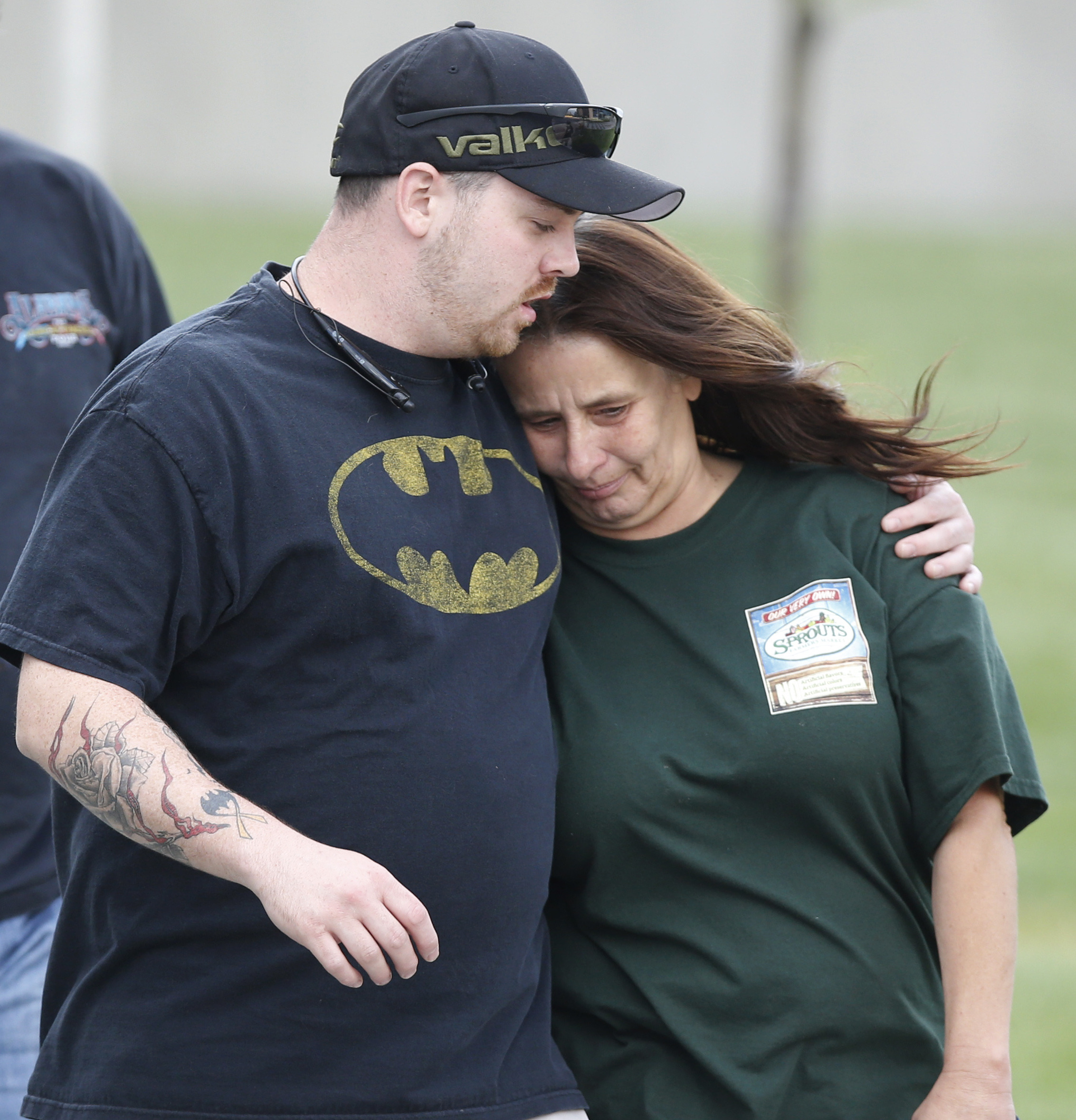Victims conflicted over death penalty for U.S. theater gunman
Marcus Weaver spent nearly three years talking openly about forgiving the man who shot him, killed his friend and caused untold suffering. As a Christian opposed to capital punishment, he considered forgiveness “a no-brainer” and didn’t want to see the gunman executed. But by the time James Holmes was convicted, Weaver had changed his mind. His complicated evolution on the death penalty suggested that for some, there are no easy answers, not even for those who most want to see Holmes punished.
I feel the sentence that he may get, which is the death penalty, is the only penalty that fits the crime that he committed that night.
Marcus Weaver
Holmes’ victims don’t agree on what sentence is appropriate for the former neuroscience graduate student. Nor is there a consensus about whether it will ease their pain and loss. Robert Sullivan said death would be the only just punishment for the man who killed his 6-year-old granddaughter, Veronica. But Lonnie Phillips, whose daughter, Jessica Ghawi, 24, died in the attack, worries about the decades of appeals that typically come with a death sentence. Jurors began deliberating Thursday afternoon whether Holmes, 27, should spend the rest of his life in prison or die by lethal injection. After about two hours, they went home for the day without reaching a decision. Deliberations will resume today.

Americas James Holmes